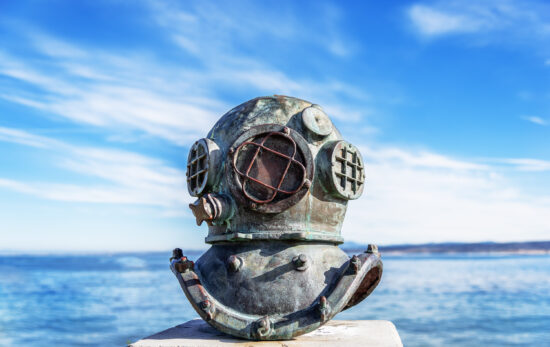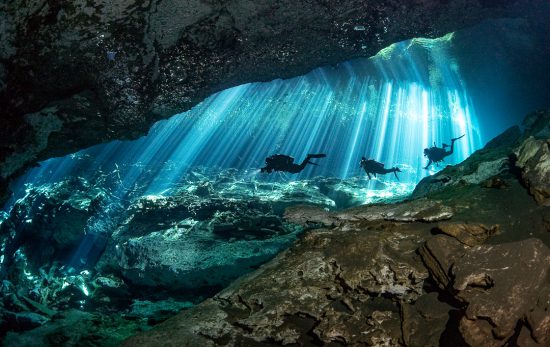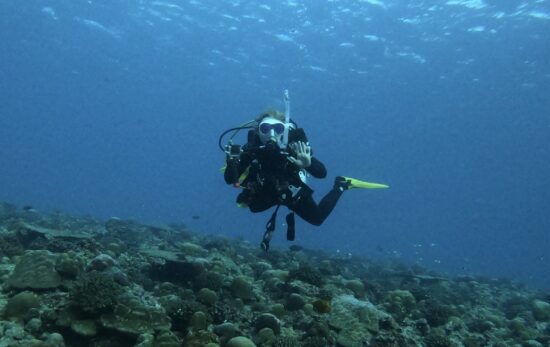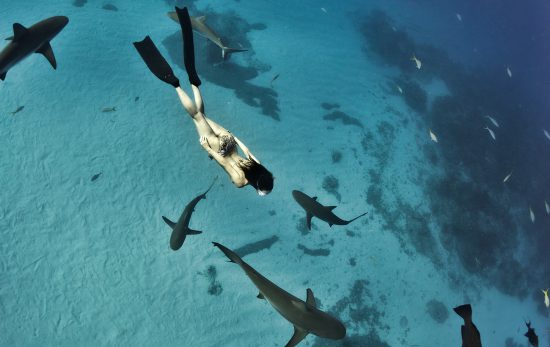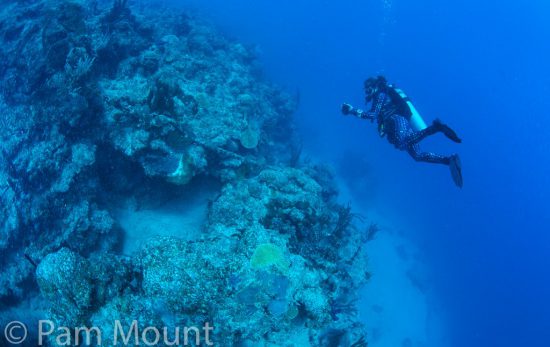Cristina Zenato received the top award at Eurotek in Birmingham, UK on October 9, 2016.
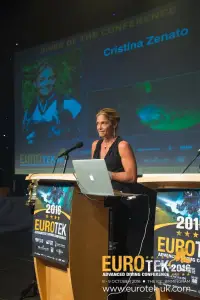
The Diver of the Conference Award is given in recognition of an individual who has inspired or influenced others with their significant contribution to advanced or technical diving. She was nominated with other 13 divers and voted as the winner.
Speaking later about the award, Cristina said, “I was at EuroTek 2016 to present about two projects I have worked on and/or completed in the last 8 years: The Connection That Didn’t Exist and the Zodiac System.
The first presentation was about connecting for the first time ever an ocean blue hole with a land based cave. The project started as a side support to the main work of mapping the Lucayan System in the Lucayan National Park on Grand Bahama Island. Having heard that some stake holders wanted to develop the land that most likely was over the vast cave passageways I offered my time and skills to remap the entire system. Parallel, I started to work on the Chimney/Mermaid caves (Hawksbill system) to bring back important data demonstrating that poor management of the land above the caves would have proved detrimental for the fresh water lens, the biggest supply of fresh water for the island. I had been told by several cave explorers, some of them very famous that the connection didn’t exist, and although they tried, they never found one. After a series of attempts, failures, trials and disappointment, I refused to give up, and on December 31st 2012, I completed the connection escorted by one of my former cave diving students and Rolex Our World Underwater Scholarship Society recipient, Oscar Svensson. This is the system that Rob Palmer defined as the “most dangerous cave in the world”. Note: The Lucayan System has been granted full protection to include all the land above the extensive system.
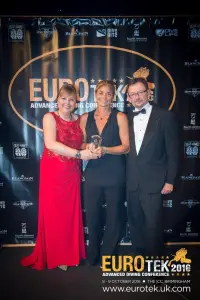
The second [project] was about the Zodiac System, a remote series of caves on Sweetings Cay, a small community east of Grand Bahama. The area has been indicated as one in need of protection due to its vital role as a breeding and nursing ground for a wide variety of animals, above and below the water. Explored initially by Rob Palmer and his crew in 1985, it has since been explored by few others, but without any further discoveries. On a trip to one of the caves in July 2015, I noticed a little flow that indicated water movement. Although the work is still ongoing, I have been able to expand the different caves by over 4000ft and to connect them, proving the movement of the water from the north side of the island to the south side and validating the need to protect them. As of July 2016, this area has also been included in the protection project by the Bahamas.
Both projects were a matter of personal exploration fueled by the desire to provide information to protect the areas. All the work was completed on personal, free time and personally financed (gas for car, pay the captain to take me over, time off, additional gear), but support for some of the gear came from my sponsors, namely Scubapro, Waterproof and Light Monkey.
The inspiration I give, I was told, is about doing what I do because I love it, because I want to learn, discover and share without thinking about receiving a recognition or monetary benefit. People were inspired by the sheer passion and the fact that I did a lot of it on my own, recognizing the mental strength to keep going back and keep doing it on my own.
I also support and host a lot of the Our World Underwater Scholarship Society scholars, on top of many other young people who ask me to come and visit and stay with me. I am always sharing my work time with additional training time for people, although I am in the business of diving, I am a big believer in giving back when I can.”
